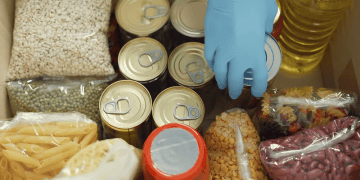Following the severe floods in Pakistan, effective logistics coordination has been crucial in getting aid to those in need. Todd Shea, the head of Comprehensive Disaster Response Services, has highlighted how important it is to quickly organize resources like supplies, medicines, volunteers, and services to aid in recovery efforts.
The floods in 2022, worsened by climate change, displaced around 33 million people and destroyed 2.5 million homes. Even though the world promised over $10 billion for recovery, only $3 billion has actually been given out, mostly as loans, which adds to Pakistan’s debt problems. As a result, 12 million people are still living in temporary shelters, showing there’s still a need for effective aid distribution and rebuilding infrastructure.
Shea’s organization has played a key role in reaching remote places like Qila Abdullah, Qila Saifullah, and Qamar Din Qare, delivering vital food and medicines. This highlights how important logistics are in making sure aid gets to all affected people, especially in hard-to-reach areas.
The United Nations has requested $160 million in emergency aid to meet the urgent needs caused by the floods. Support from the international community is essential as Pakistan faces challenges in recovering from this disaster and building resilience against future climate events.
Stay on top of supply chain logistics news updates at The Supply Chain Report. Visit ADAMftd.com for free international trade tools.
#PakistanFloods2022 #DisasterRelief #LogisticsCoordination #ClimateChangeImpact #HumanitarianAid #CDRS #UnitedNations #EmergencyResponse #AidDistribution #InfrastructureRebuilding















